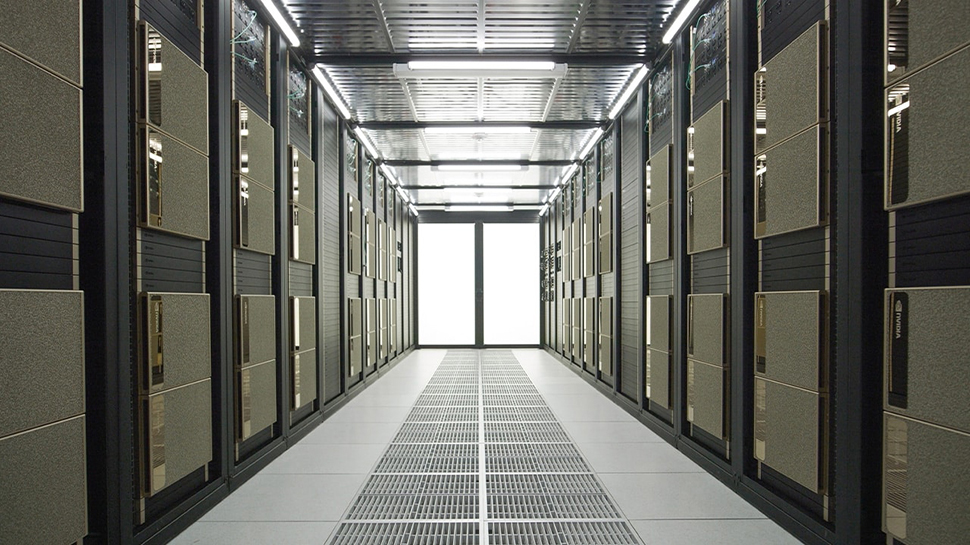Will US-Made Nvidia AI Supercomputers Matter? A Look at the Geopolitical and Technological Implications
The recent announcement of Nvidia's plans to ramp up production of its cutting-edge AI supercomputers in the US has sparked significant debate. Will these domestically produced machines truly matter in the global race for AI dominance? The answer is complex, intertwined with geopolitical strategy, technological advancements, and economic considerations.
The Stakes are High: A Global AI Arms Race
The development and deployment of advanced AI systems are no longer just a technological pursuit; they represent a crucial element of national power. Countries around the world are investing heavily in AI research and infrastructure, leading to a fierce global competition. The US, facing increasing competition from China, sees the development of domestically produced AI supercomputers as a key strategy to maintain its technological edge and national security.
Nvidia's Role: More Than Just Hardware
Nvidia's contribution extends far beyond simply manufacturing powerful hardware. Their specialized GPUs (Graphics Processing Units) are the backbone of many of the world's most advanced AI systems. These GPUs are crucial for training large language models (LLMs) like those powering ChatGPT and other generative AI applications. By increasing domestic production, the US aims to:
- Reduce reliance on foreign supply chains: This is particularly important given the current geopolitical tensions and the desire for greater technological independence.
- Boost domestic AI research and development: Access to powerful computing resources is essential for driving innovation in AI.
- Enhance national security: Advanced AI capabilities are vital for various national security applications, including defense, intelligence, and cybersecurity.
Challenges and Considerations:
While the initiative holds significant promise, several challenges remain:
- Cost: Building and maintaining these sophisticated supercomputers is extremely expensive. The financial investment required will be substantial, requiring government support and private sector collaboration.
- Talent Acquisition: A highly skilled workforce is essential to develop and utilize these advanced systems effectively. Attracting and retaining top AI talent is a critical challenge for the US.
- Ethical Concerns: The development and deployment of powerful AI systems raise significant ethical concerns regarding bias, privacy, and misuse. These concerns need to be addressed proactively to ensure responsible AI development.
- Competition: Despite the efforts, China and other countries are making rapid strides in AI development. Maintaining a technological lead requires continuous innovation and investment.
The Verdict: A Necessary but Insufficient Step
The increased production of US-made Nvidia AI supercomputers is a vital step towards strengthening the nation's AI capabilities. However, it is not a silver bullet. Success requires a multifaceted approach that includes:
- Continued investment in AI research and education.
- Collaboration between government, industry, and academia.
- Development of robust ethical guidelines and regulations.
- Strategic partnerships with allies to counter the rise of authoritarian AI powers.
Ultimately, the impact of these domestically produced supercomputers will depend on the broader ecosystem surrounding AI development and deployment. While a significant step forward, it's only one piece of a much larger, complex puzzle in the global AI landscape. The race is far from over.
Keywords: Nvidia, AI supercomputers, US AI, geopolitical implications, technological advancements, AI race, China, national security, GPU, large language models (LLMs), ethical concerns, AI development, AI investment.

